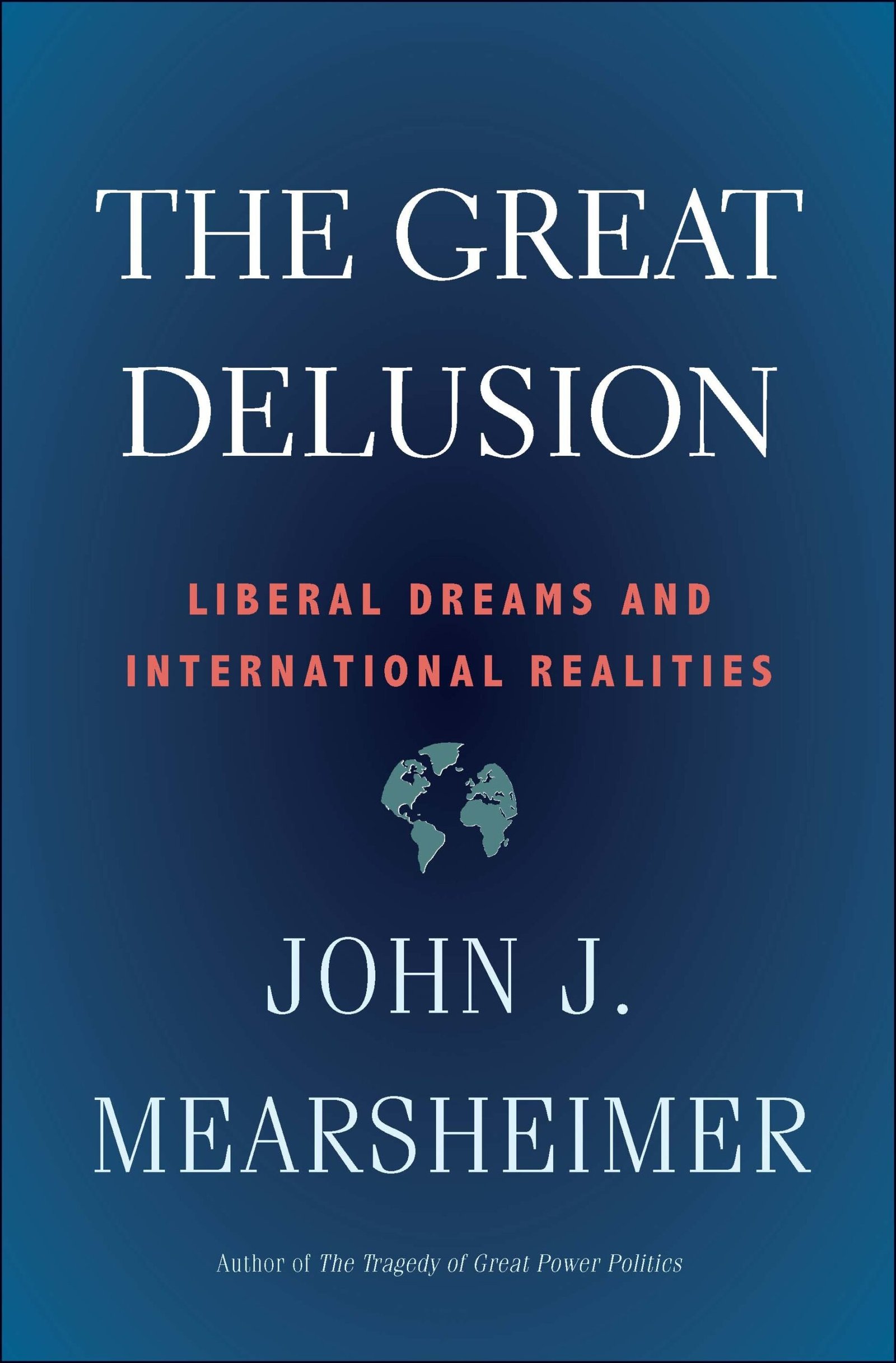The Great Delusion by John J. Mearsheimer critically assesses the consequences of American foreign policy, particularly the pursuit of liberal hegemony. Mearsheimer argues that this approach, focused on spreading democracy and global governance, has led to numerous conflicts and instability. He contends that America’s insistence on imposing its values and political systems has not only strained international relations but also undermined long-term security. Through detailed analysis, Mearsheimer advocates for a more realistic approach to international policy that prioritizes power politics and strategic interests. This book is essential for anyone interested in understanding global geopolitics and the limitations of U.S. influence.
save
₨400The Great Delusion
₨699₨1,099
Mearsheimer’s work critiques American foreign policy and its pursuit of liberal hegemony, arguing that it has destabilized global order and led to conflicts. He explores alternative approaches that prioritize realism, power balance, and the limits of U.S. influence.
Customer Reviews
There are no reviews yet.
Only logged in customers who have purchased this product may leave a review.









